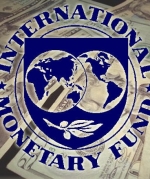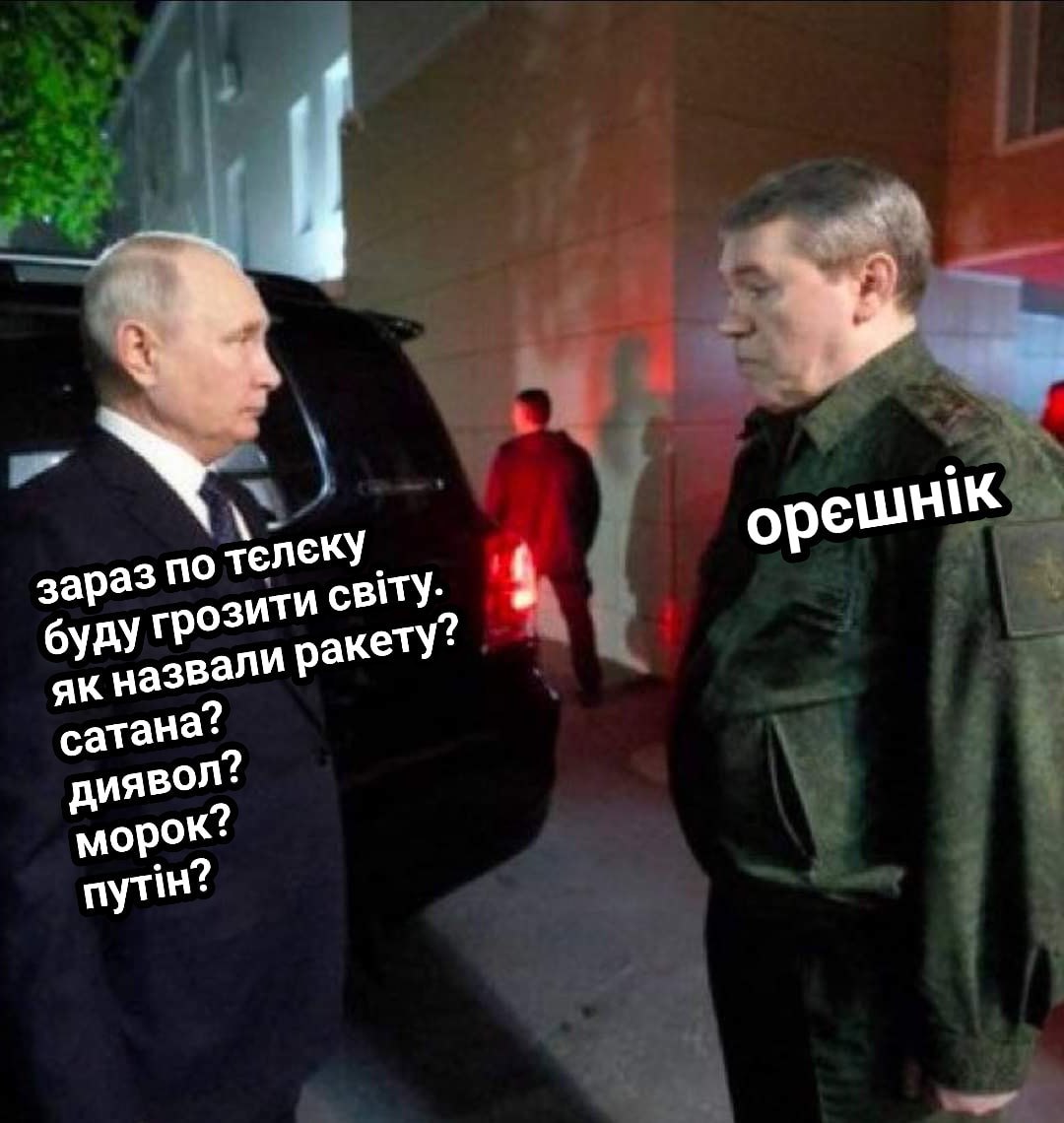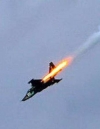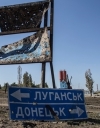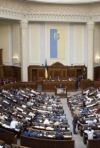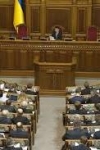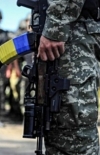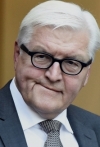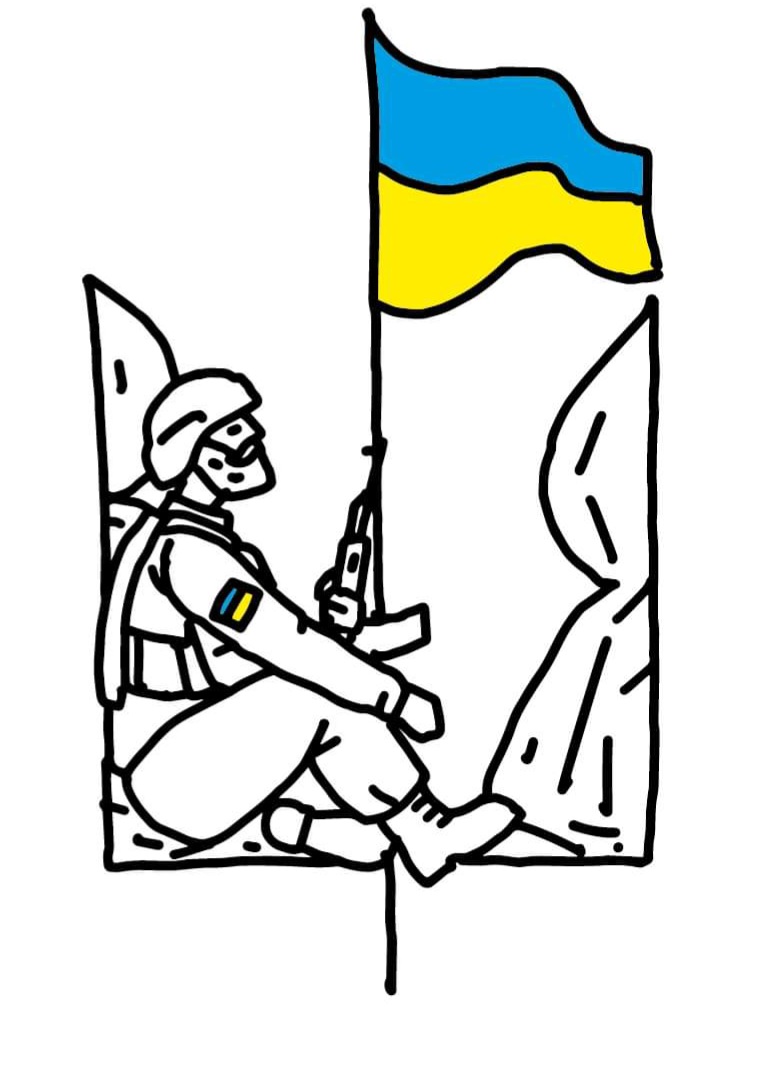This was announced to
Bloomberg by sources close to the Kremlin strategies,
Censor.NET reports.
Russia is exploring strategies to try to block the International Monetary Fund's next loan payment to Ukraine as a dispute between the two countries over a $3 billion bond comes to a head, according to a person familiar with the matter.
Russia bought the bond from the government of Ukrainian leader Viktor Yanukovych in December 2013, before he was overthrown and Russian forces annexed Crimea in a move that set off a conflict that has killed 8,000 people. Ukraine proposed the security be included in a restructuring of debt held by private creditors. Russia has refused to accept the terms, insisting the bond is a loan between governments, rather than commercial debt.
Borrowing countries must demonstrate to the IMF that their debt is sustainable, a condition that fund staff can satisfy by seeking assurances from creditor nations that a default is unlikely. The IMF is also considering easing a policy that bars loans to borrowers who are behind in payments to official creditors, proposing to allow such lending as long as the borrowing nation meets its obligations under the IMF program and bargains in good faith with the creditor country, said another person familiar with the matter.
Faced with this situation, Vladimir Putin's administration may withhold its assurance that Ukraine can repay its debts to Russia, said the first person, who has direct knowledge of the Russian strategy. Russia could also argue that Ukraine hasn't negotiated in good faith, the person said. The people asked not to be identified because the discussions aren't public.
The Kremlin hasn't yet decided whether to pursue these paths at the IMF, said the person familiar with Russia's strategy.
At stake is whether Ukraine receives the next $1.7 billion installment in its $17.5 billion bailout from the IMF. The strategy would probably face resistance from the U.S. and its Group of Seven allies, which back IMF aid to Ukraine and collectively control most of the votes on the fund's executive board needed for approval. But the Kremlin could chip away at support among big creditor countries such as China and Saudi Arabia, some of which may be reluctant to relax the IMF's policy of non-tolerance on official arrears.
Russia's protests over the $3 billion bond are unlikely to be heeded by the IMF, said Anders Aslund, a senior fellow at the Atlantic Council in Washington. "This is the kind of thing you say when you don't have an argument," he said. "The trouble lies elsewhere," Aslund said, citing domestic resistance to the Ukraine government's efforts to broaden the country's tax base as an example of something that represents a greater challenge to the IMF program.
Russia Deputy Finance Minister Sergey Storchak said Tuesday that "we want to resolve the issue without big consequences for Ukraine as a potential borrower from financial markets," though the "alternative is either court or payment."
Ukraine Finance Minister Natalie Jaresko said the nation has met "almost all of the conditions" for the IMF program, though it needs to adopt a new tax code and anti-corruption legislation. "Assuming we can submit an appropriate budget and stick to the deficit target of 3.7 percent, I don't see any major issues," she said in an interview Friday.
FM-TV
ВСЕ НОВОСТИ ПО-РУССКИ ЗДЕСЬ
УСІ НОВИНИ УКРАЇНСЬКОЮ ТУТ
УСІ НОВИНИ УКРАЇНСЬКОЮ ТУТSource:http://en.censor.net.ua/n360152


